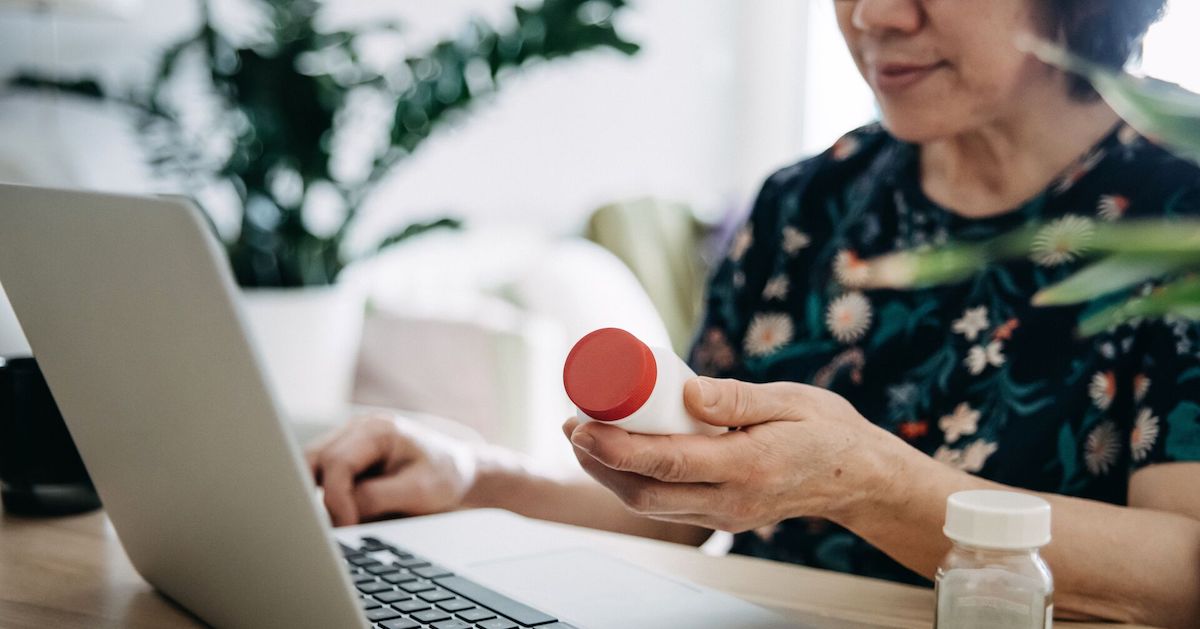
Seattle Children’s Research Institute and tech giant Microsoft’s AI for Good Lab partnered on research examining the cause of sudden infant death syndrome (SIDS), and determined that genetic testing at birth may help to determine a child’s risk of SIDS.
The two organizations discussed the research during an event in Washington, which brought together more than 155 researchers and scientists to share new insights into potential causes of SIDS, which is the leading cause of death for infants one year and younger in the U.S and other developed countries.
A major point of discussion at the event included whole-genome sequencing of 145 infants who succumbed to SIDS. The Aaron Matthew SIDS Research Foundation, which is based at Seattle Children’s Research Institute, funded the genome database.
The American Journal of Medical Genetics will soon publish the study, in which researchers identified novel genes associated with SIDS. Some of these genes are crucial for detecting and responding to low oxygen levels in body tissues.
Children with these genes could be at increased risk of death from sleeping face down. Researchers noted there is a long-standing belief in the medical community that a correlation exists between SIDS and infant sleeping positions.
“Thanks to this collaboration between world-class researchers and data scientists armed with cutting-edge AI, we can now use genetic data to predict children at high risk of SIDS, which claims approximately 3,200 children a year. We are getting far closer to enabling medical professionals to bring preventative treatments to children who exhibit these risks, and potentially to far more people – those susceptible to Sudden Cardiac Death later in life,” John Kahan, former vice president and chief data analytics officer at Microsoft and cofounder of the Aaron Matthew SIDS Research Foundation, said in a statement.
THE LARGER TREND
In 2022, Seattle Children’s Research Institute received a $29 million grant from the Health Resources and Services Administration to increase future pandemic readiness. The hospital said the money is being used to address health disparities uncovered during the COVID-19 pandemic.
In October, the hospital system was gifted $4 million to promote equity in nursing. The gift was intended to grow opportunities for underrepresented individuals interested in pursuing nursing careers and addressing historical barriers in pediatric nursing education.
A month later, Microsoft’s AI for Good Lab released Orca 2, a small language model that imitates step-by-step reasoning. The open-source tech looks to give enterprises with limited resources options to address use cases without increasing computing power.
AI for Good Lab announced in December a small language model called Phi-2, which is a small genAI model that looks to achieve the same performance as large language models on a reduced scale.
The model is currently intended for research purposes, though Microsoft said it hopes the development can lead to deployment in businesses in competition with large language models.
In March, Seattle Children’s received a $50 million gift to support leukemia research from the William Lawrence and Blanche Hughes Foundation, aimed at advancing pediatric immunotherapy cancer research and fund clinical trials.




